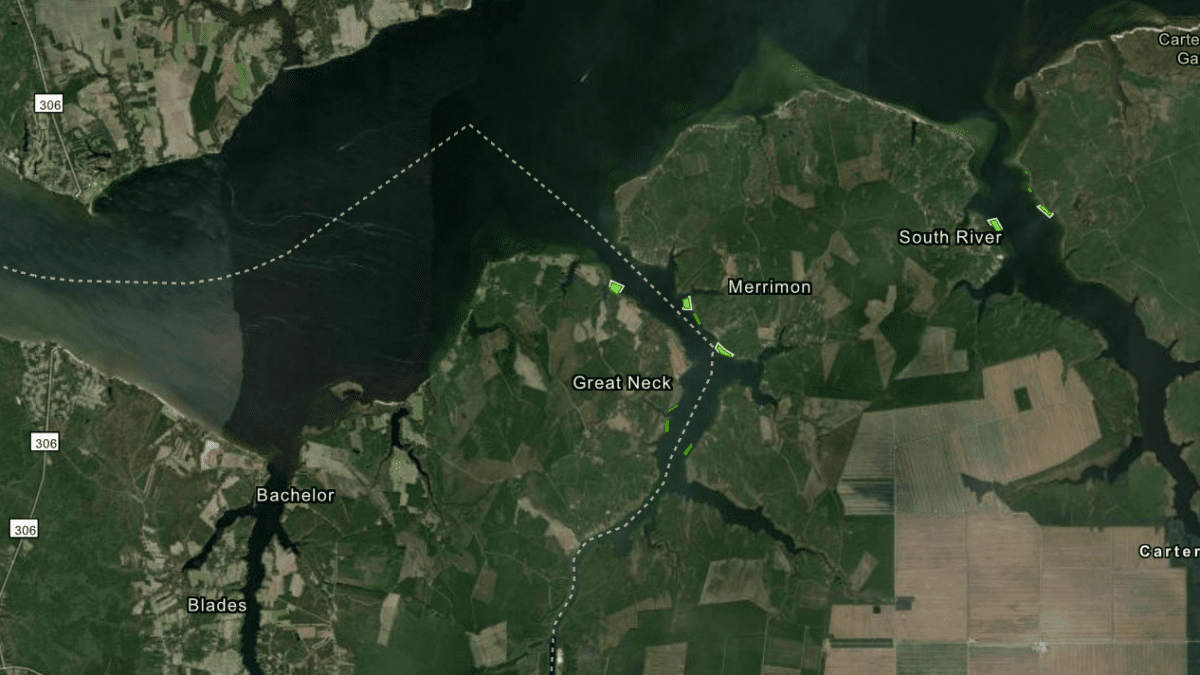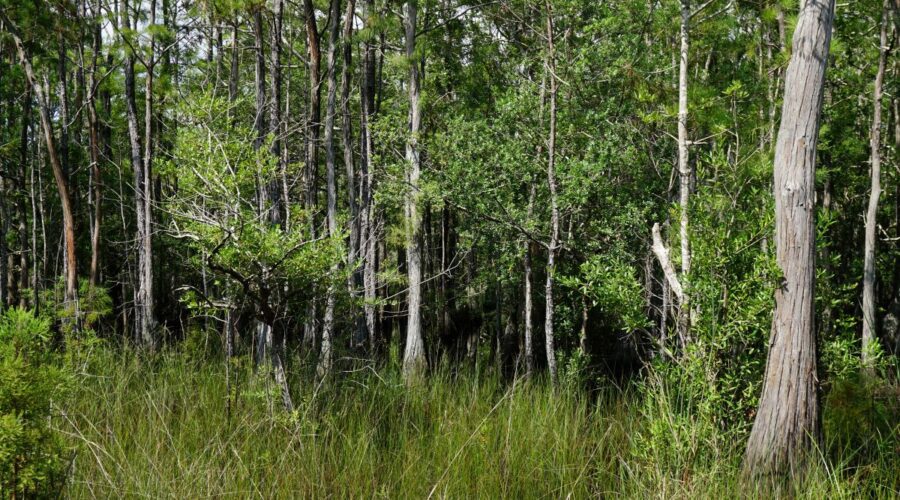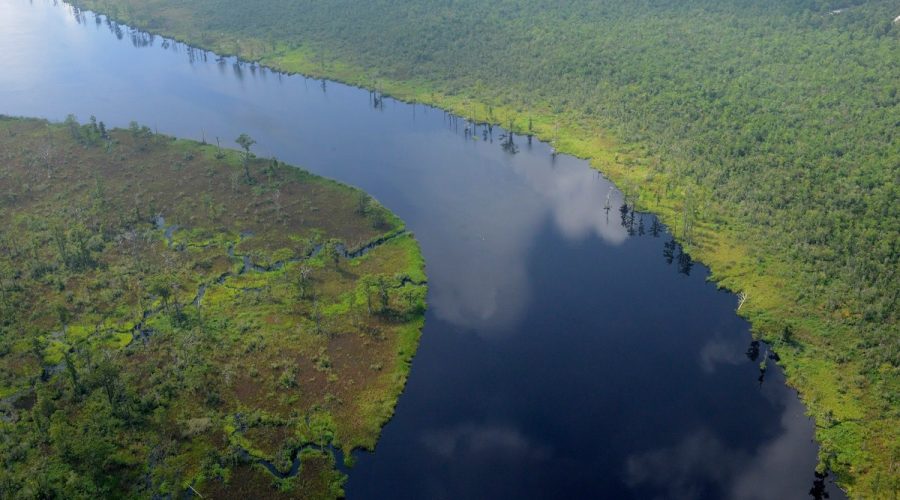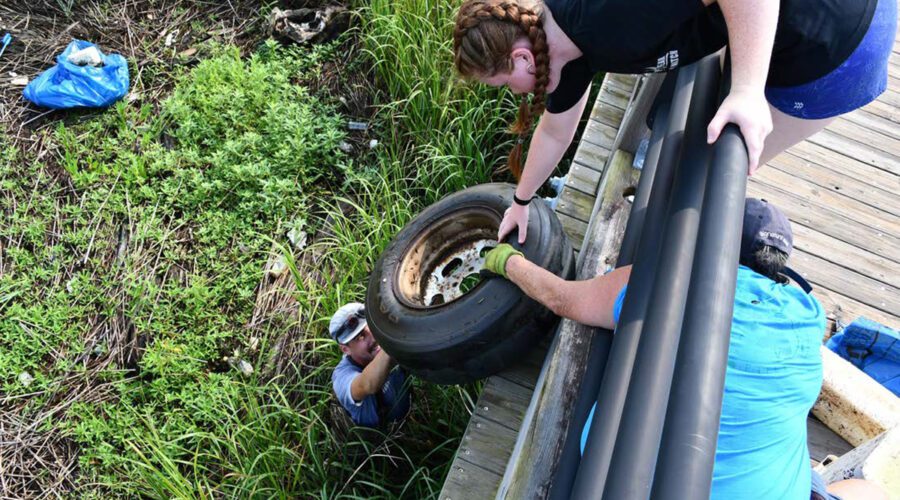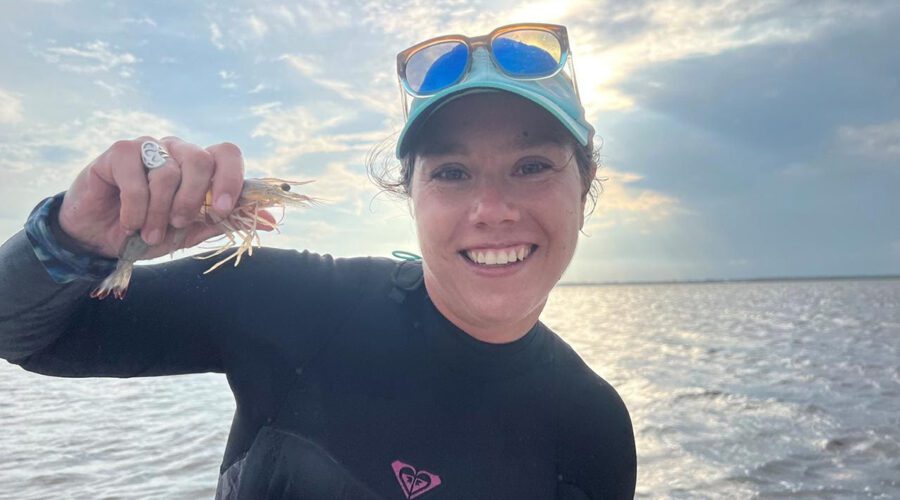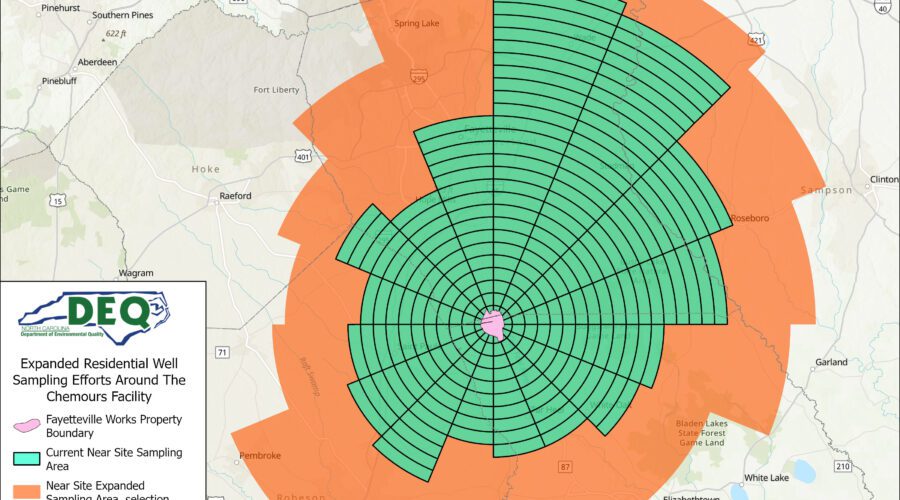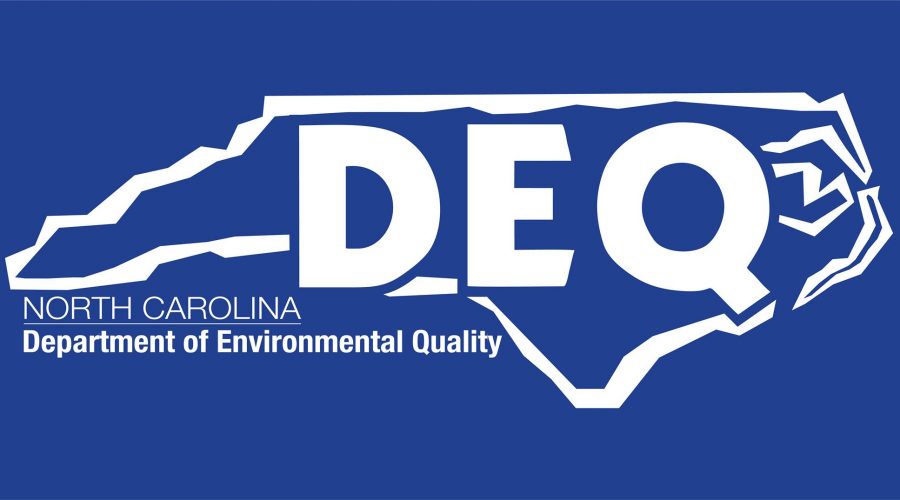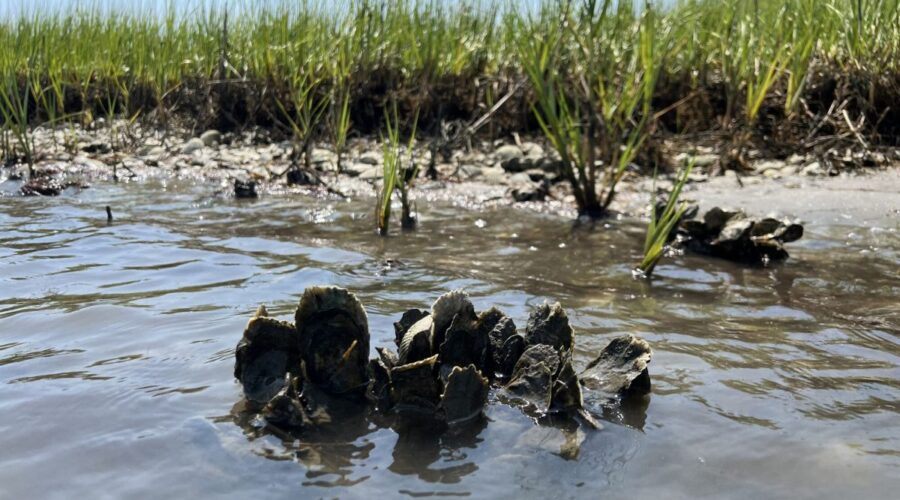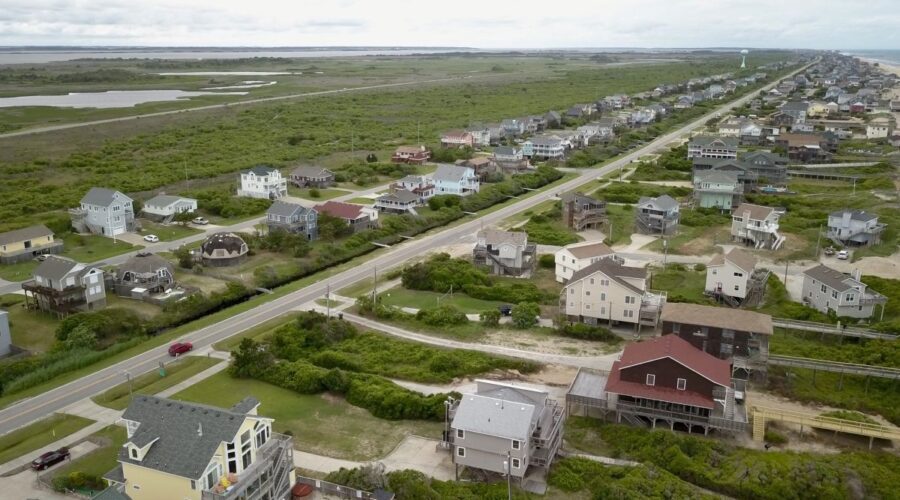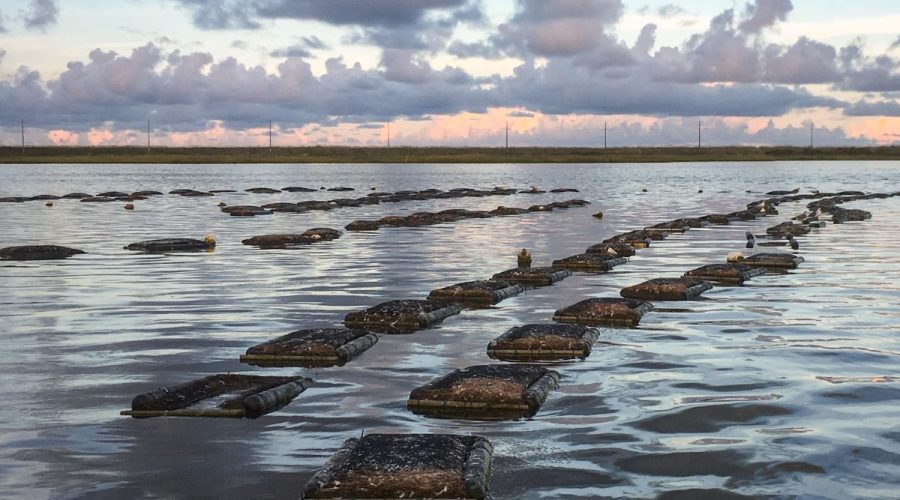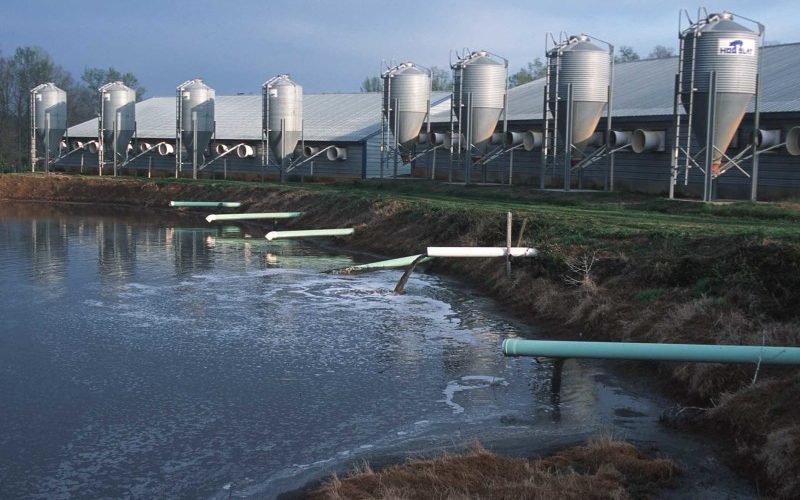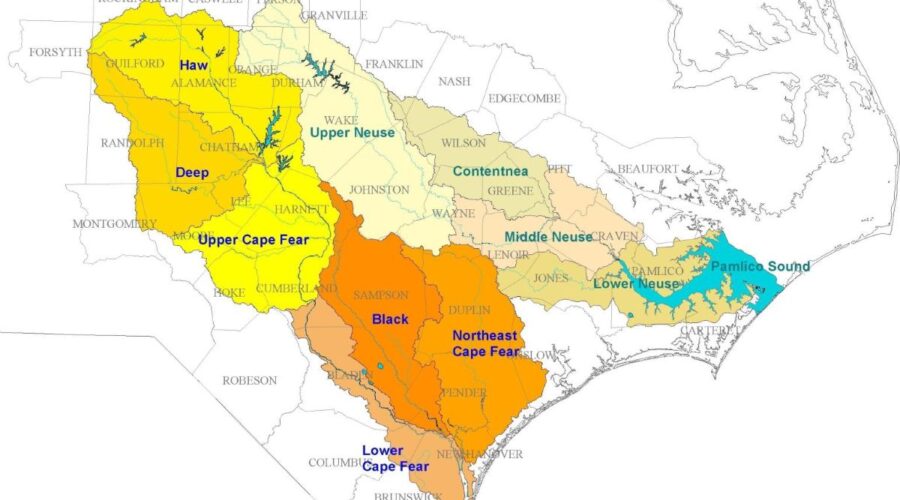The hearing is set for 6 p.m. April 2 at the Craven Community College Havelock Campus.
water quality
EPA targets remaining federal isolated wetlands protections
New Environmental Protection Agency Administrator Lee Zeldin said the agency is pursuing a definition for the waters of the United States “that is simple, that is durable and it will withstand the test of time.”
Utility industry has heavy hand in draft PFAS monitoring rule
As a committee of the Environmental Management Commission works to draft a PFAS monitoring framework rule, environmental advocates argue the draft language protects industry polluters.
World Water Day to focus on chemical pollution in Cape Fear
A World Water Day event March 22 in Wilmington will focus on PFAS and 1,4-dioxane pollution in the Cape Fear River.
State’s fix for costly litter problem ‘not efficient or sufficient’
“It’s like you’re Band-Aiding over an artery,” says Rob Clark, of Cape Fear River Watch, a coauthor of a report that found that cleaning up more than 7,000 tons of litter in North Carolina cost more than $56 million in 2023.
Link between greentails, green energy topic of next CSI talk
Dr. Lela Schlenker, fisheries liaison from Kitty Hawk Wind, will present, “What do greentails have to do with green energy? An update on the Kitty Hawk offshore wind project served with a side of shrimp” March 20 at the Coastal Studies Institute on the ECU Outer Banks Campus.
Chemours to expand well testing for PFAS contamination
About 150,000 additional private water drinking wells are eligible for PFAS testing after the state’s lead environmental agency directed Chemours’ to expand sampling in Harnett and Hoke counties.
State seeks impaired watershed restoration project proposals
The Department of Environmental Quality expects to receive $1.5 million in federal grants to fund all or portions of eligible watershed restoration projects.
Pop-up oyster roast to support Cape Fear River Watch
Tickets are $40 for a baker’s dozen of oysters and two beers at the “Sip & Shuck for Cape Fear River Watch” pop-up oyster roast Sunday afternoon at The Alley in Wilmington’s Cargo District.
Registration open for 2025 Coastal Summit in Raleigh
Register now for the North Carolina Coastal Federation’s 2025 Coastal Summit taking place April 8-9 in downtown Raleigh.
State awards funding for wastewater, drinking water projects
The governor’s office announced more than $265 million in funding for drinking water and wastewater infrastructure projects to help to pay for 99 projects in 45 different counties, including several on the coast.
Committee calls special meeting on industry dischargers
Updated Feb. 25: The Environmental Management Commission’s water quality committee special meeting scheduled for Feb. 25 has been canceled, NCDEQ officials announced Tuesday morning.
Public hearing slated for proposed Carteret shellfish leases
A public hearing will be held in Morehead City and via the web on several proposed bottom and water column shellfish leases in Carteret County waters.
Water quality officials monitor weekend hog waste spill
State Division of Water Resources officials say more than 80,000 gallons of hog waste spilled into tributaries of the Northeast Cape Fear River over the weekend.
Carbon-removal project in Duck topic of next science talk
Dr. Jaclyn Cetiner is to present “Preliminary Results from a Carbon Removal Field Trial in Duck, NC” has been rescheduled from 6 p.m. Thursday to Feb. 27 and will still take place at the Coastal Studies Institute on the ECU Outer Banks Campus in Wanchese.
Upriver Cape Fear plant releases high levels of 1,4-dioxane
Levels of the compound believed to be a human carcinogen at the Asheboro wastewater treatment plant far exceeded national limits in late January.

